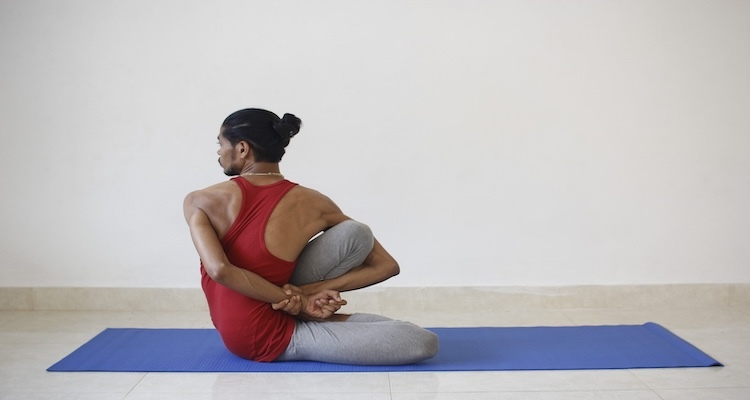
Flexibility is often an overlooked aspect of fitness, overshadowed by the more glamorous attributes such as strength, speed, and endurance. However, for anyone participating in sports, regardless of their level of expertise, flexibility is a cornerstone of optimal performance and overall well-being. In this article, we will delve into the reasons why developing flexibility should be a priority for athletes and how it can significantly enhance their abilities on the field, court, or track.
One of the primary benefits of flexibility training is its role in injury prevention. A flexible body is more resilient and less prone to strains, sprains, and tears. When muscles and joints are supple and have an extended range of motion, the likelihood of overstretching or experiencing sudden, impactful injuries decreases. Tight muscles, on the other hand, can lead to imbalances in the body, increasing the risk of injuries during physical activities.
Flexibility is a key factor in improving overall athletic performance. Range of motion (ROM) plays a pivotal role in various sports movements, such as kicking, jumping, running, and changing directions. Athletes with a greater range of motion can execute these movements more efficiently, translating into improved speed, agility, and power. For instance, a soccer player with flexible hip muscles can deliver a more powerful kick, while a basketball player with flexible ankles can maneuver more effectively on the court.
Flexible muscles function more effectively. When muscles are tight, they are more prone to fatigue and may not contract and relax efficiently. This inefficiency can hinder performance and compromise an athlete's ability to execute precise and controlled movements. Regular flexibility training promotes better muscle function, ensuring that muscles are elastic, responsive, and capable of generating optimal force during physical activities.
Flexibility training contributes to improved posture and body alignment. Poor posture not only affects an athlete's appearance but can also lead to chronic pain and decreased performance. Tight muscles can pull the body out of alignment, causing imbalances and putting additional stress on certain joints and muscles. By incorporating flexibility exercises into their routine, athletes can correct muscle imbalances, promoting better posture and reducing the risk of overuse injuries.
Flexibility training aids in the recovery process after intense physical activity. Stretching exercises help increase blood flow to the muscles, facilitating the removal of waste products and promoting the delivery of oxygen and nutrients to the tissues. This enhanced circulation accelerates the recovery process, reducing muscle soreness and stiffness. Athletes who prioritize flexibility are better equipped to bounce back from intense workouts and competitions, allowing for more consistent training and improved long-term performance.
In conclusion, flexibility is a fundamental component of athletic success. Whether you're a seasoned athlete or a recreational sports enthusiast, incorporating flexibility training into your routine can significantly enhance your overall performance, reduce the risk of injuries, and contribute to your long-term well-being. A flexible body not only moves more efficiently but also promotes better posture, muscle function, and recovery. As you strive to reach your athletic goals, remember that flexibility is not just a perk – it's a crucial element that can make a substantial difference in your sports journey.
If you would like to know more about flexibility it is always best to speak to an expert. To find a fitness professional to work with, or another specialist who works on physical aspects of performance such as a yoga teacher, then do search our global directory of sports performance specialists.
